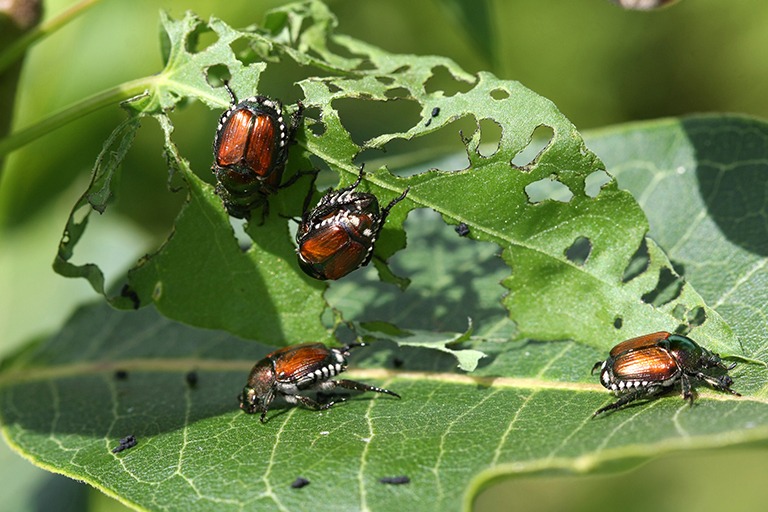
by admin | May 17, 2019 | Blog, Landscape Maintenance, Sustainability
The calls have started pouring in. Kansas City property and facility managers are concerned about the seemingly imminent strike of Japanese Beetles. They want bids to nip them in the bud before they destroy the landscapes they (and we) have labored to hard to create....

by admin | Mar 6, 2019 | Kansas City Clients, Landscape Maintenance, Our Clients, Sustainability
SPRING CLEAN-UPS Spring is two weeks away! Is your property ready? Spring is less than two weeks away which means True North Outdoor is preparing to go out in full force for Spring Clean-ups on Kansas City commercial properties. These clean-ups help keep landscapes...
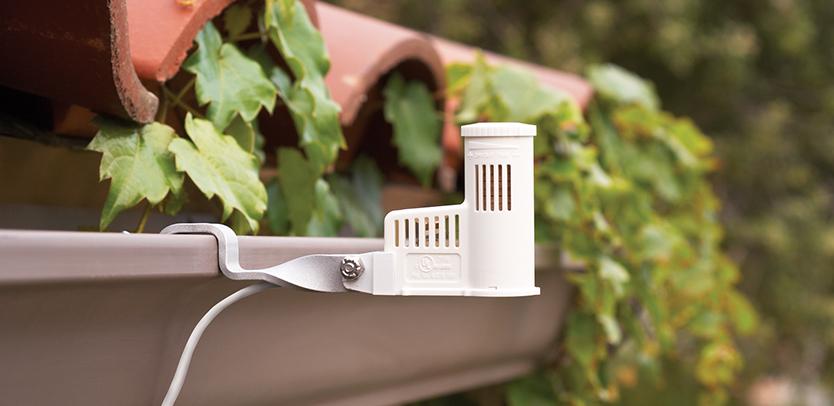
by kate | Jun 21, 2018 | Blog, Landscape Maintenance, landscape management, Sustainability
After reading our last three blog posts about smart irrigation technologies, you should be an expert by now, right? Lucky for you, we still have one final topic to cover to complete our series—rain and freeze sensors. In case you need a refresher, smart irrigation...
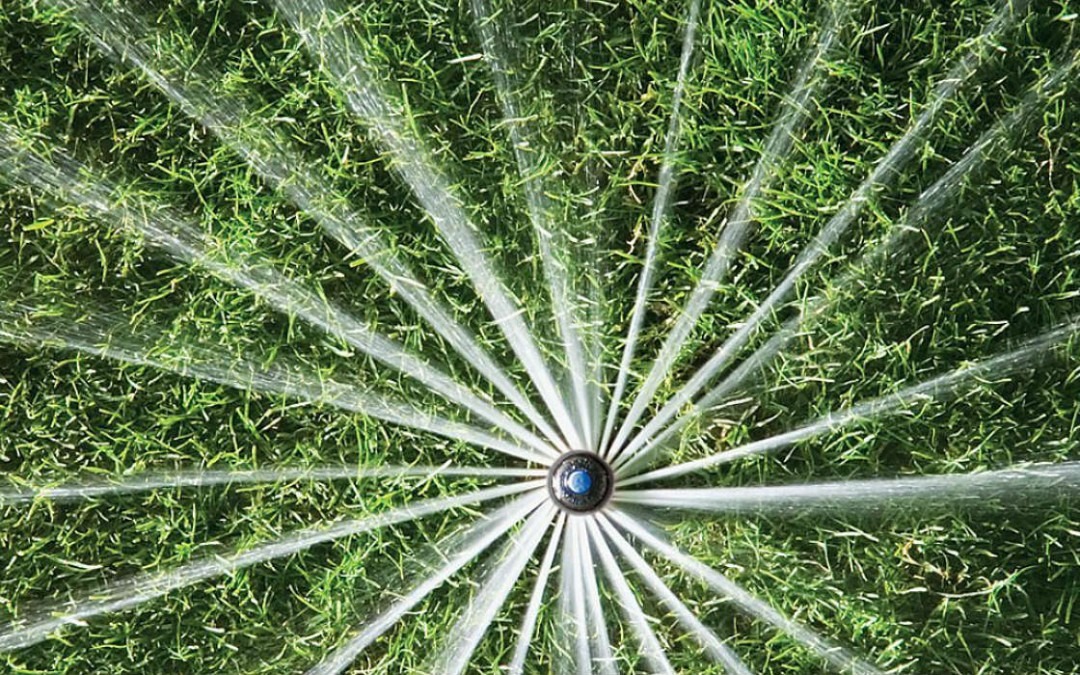
by kate | Jun 13, 2018 | Blog, Landscape Maintenance, landscape management, Sustainability
It’s week 3 of our smart irrigation technology series and today we’re diving deeper into pressure regulation. Last time we talked about how pressure regulators help save time and money by making sure your sprinkler systems are distributing water evenly over your...
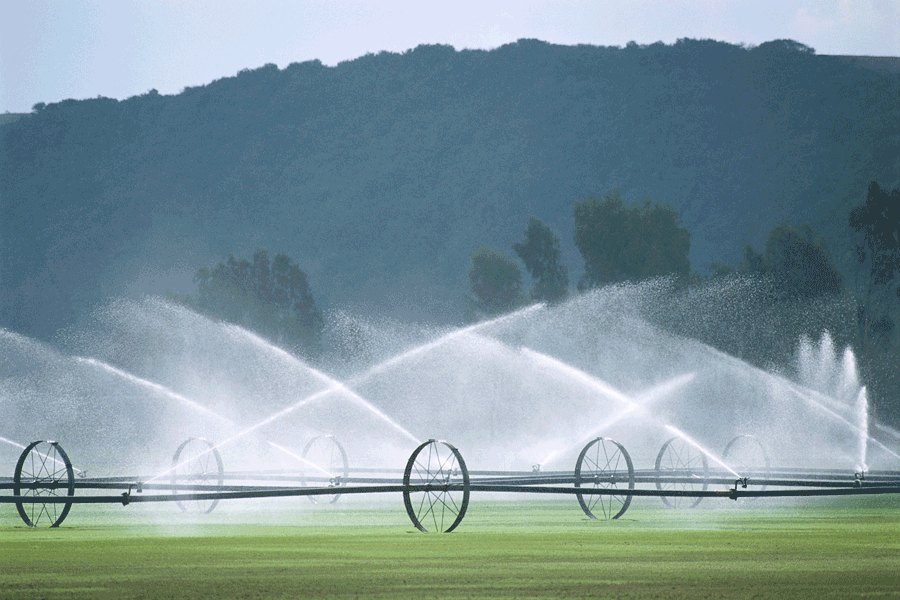
by kate | Jun 7, 2018 | Blog, Landscape Maintenance, landscape management, Sustainability
Last week, we began the discussion surrounding smart irrigation and how its various systems help conserve water by meeting the needs of specific landscapes. We explained how weather-based controllers use weather data like temperature, wind, solar radiation, and...
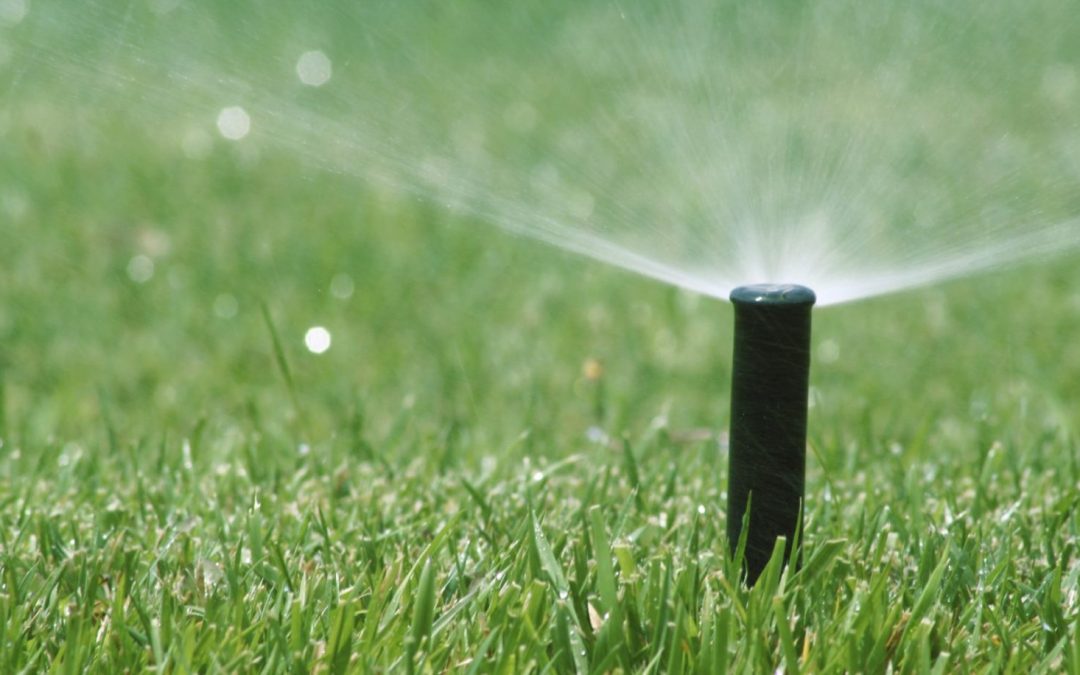
by kate | May 31, 2018 | Blog, Landscape Maintenance, Sustainability
In the United States alone, 9 billion gallons of water is used for outdoor watering every single day—mainly for landscape irrigation. Unfortunately, about half of that amount is wasted due to overwatering because of inefficient traditional irrigation methods and...







